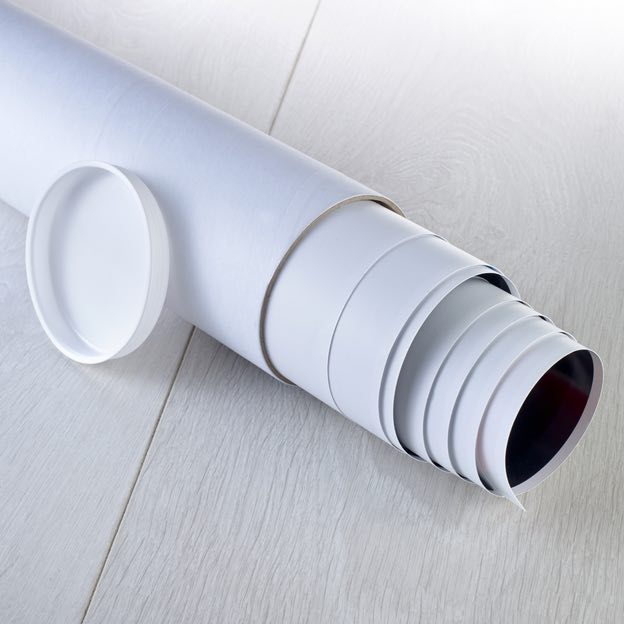Sizing information
| Overall size (inc frame) | x cm ( x in) |
| Depth | cm (in) |
| Artwork | x cm ( x in) |
| Border (mount) |
cm
top/bottom
(in)
cm left/right (in) |
| The paper size of our wall art shipped from the US is sized to the nearest inch. | |

Our prints
We use a 200gsm fine art paper and premium branded inks to create the perfect reproduction.
Our expertise and use of high-quality materials means that our print colours are independently verified to last between 100 and 200 years.
Read more about our fine art prints.
Manufactured in the UK, the US and the EU
All products are created to order in our print factories around the globe, and we are the trusted printing partner of many high profile and respected art galleries and museums.
We are proud to have produced over 1 million prints for hundreds of thousands of customers.
Delivery & returns
We print everything to order so delivery times may vary but all unframed prints are despatched within 1–3 days.
Delivery to the UK, EU & US is free when you spend £75. Otherwise, delivery to the UK costs £5 for an unframed print of any size.
We will happily replace your order if everything isn’t 100% perfect.
Product images of Remnant of Supernova 1987A



Product details Remnant of Supernova 1987A
Remnant of Supernova 1987A
Remnant of Supernova 1987A. Photographed by the Hubble Space Telescope, Wide Field Planetary Camera 2. Supernovae are massive stellar explosions which throw the outer layers of a star off into space. The quantity of energy released by a supernova can be equivalent to the energy output of the Sun over its entire lifetime. They briefly become what appears to observers as a bright new star, hence the name. Supernova 1987A was first observed within hours of exploding and offered astronomers their first opportunity to test theories of supernova formation against observational evidence. It occurred in the Large Magellanic Cloud, a dwarf galaxy outside the Milky Way, and was caused by the explosion of a blue supergiant star some 20 times the mass of the Sun.
- Image ref: 1157370
- NASA/Oxford Science Archive / Heritage Images
Find related images
 zoom
zoom

















